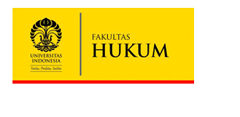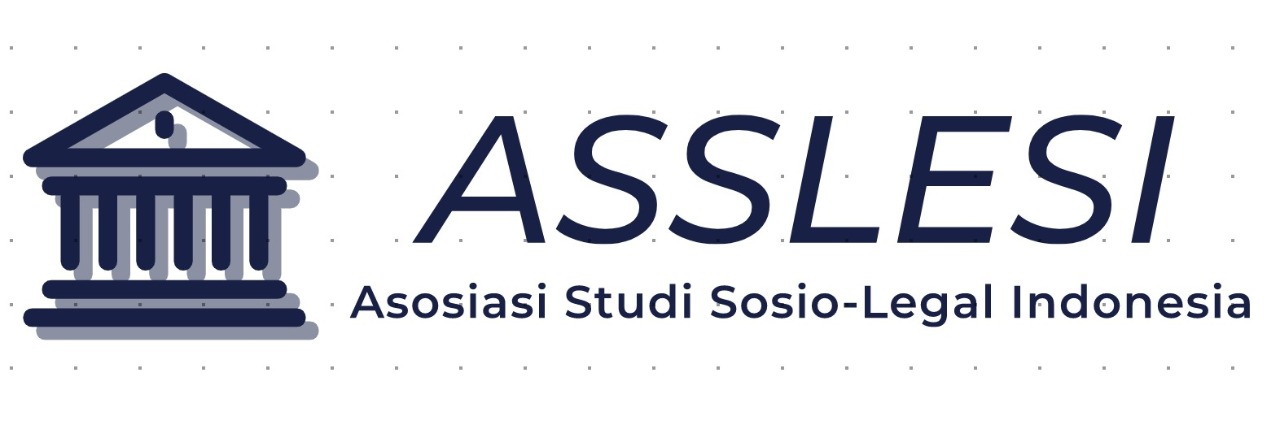Publication Ethics
The IJSLS applies ethical standards for publication to ensure high-quality academic publications and reliable scientific findings.
Although the IJSLS is not yet a member of the Committee on Publication Ethics (COPE), we will strictly follow COPE’s guidelines and core practices.
Manuscript
All manuscripts are subjected to a double-blind peer review process. The author(s) must revise the manuscript based on the feedback provided by the reviewers and/or provide a rebuttal of their critique.
Multiple Submissions and Redundant Publications
The IJSLS considers only original manuscripts (i.e. draft articles that have not been published elsewhere) and have not been submitted at, or are under review by, another journal. However, manuscripts based on a thesis and content published on a preprint server or institutional repository will be considered.
If the submitted manuscript is largely based on previously published work, or work that is currently under review at a journal, the authors are required to explain in a footnote how their submitted manuscript differs from their previous work and cite articles from which content is taken. The reuse of substantial amounts of wording or figures from previous works may be subject to permission from the copyright holder and the authors are responsible for obtaining this.
Redundant publications will not be accepted and submission of duplicate manuscripts that are the same, or very similar to another submitted/published article may result in rejection or a request to major revision.
Plagiarism
Author(s) must give credit to the words, figures, or ideas of others by providing citation at the points they are used. Quotation of other works must be functional and be accompanied by appropriate citation.
The IJSLS has a strict policy on plagiarism. Whenever a manuscript has found to be the result of self-plagiarizing or plagiarizing of others, whether of published or unpublished works, the manuscript will be rejected. Any published articles that afterwards are found to have plagiarized the author’s own work or the work of others, will be retracted or may need to be corrected by the author.
Conflicts of Interest
Conflicts of interest must be declared by authors and reviewers. A clear declaration of all possible conflicts allows the IJSLS make informed decisions about the submitted works and their review process.
Conflicts of interest occur when certain issues have the potential to affect the neutrality or objectivity of the authors’ work or a reviewer’s assessment.
Conflicts of interest include the following:
• Financial — funding and other payments, goods and services received from, or promised by, an organization with an interest in the outcome of the work;
• Affiliations — being affiliated to an organization with an interest in the outcome of the work;
• Personal — friends, family, relationships, and other close personal connections.
Undeclared conflicts of interest may lead to a reassessment of the published article, and require a corrigendum published, or in serious cases the article to be retracted. See ICMJE and WAME for guidance on conflicts of interest.
Authors and Authorship
All mentioned authors must have made a significant scientific contribution to the research in the manuscript. All listed authors must have agreed to be the author of, and approve the claims and arguments made in, the article. Changes in authorship must be agreed to by the editors of the journal and by all other authors of the manuscript.
Submissions by anyone other than one of the authors will not be considered.
It is important to list everyone who made a significant scientific contribution. Anyone who contributed to the research or manuscript preparation, but is not an author, should be acknowledged with their permission. We refer to the ICMJE guidelines.
Author(s) must declare all potential interests in a ‘Conflicts of interest’ section, which should explain why the interest may be a conflict. If there are none, the authors should state “The author(s) declare(s) that there are no conflicts of interest regarding the publication of this paper.” Submitting authors are responsible for coauthors declaring their interests and declare the conflict of interests on behalf of all listed authors.
Declared conflicts of interest will be considered by the editor and reviewers and included in the published article.
Editors and Reviewers
Editors and reviewers should decline to review a submitted manuscript, if they:
• Have a recent publication or current submission with any author;
• Share or recently shared an affiliation with any author;
• Collaborate or recently collaborated with any author;
• Have a close personal connection to any author;
• Have a financial interest in the subject of the work; and/or
• Feel unable to be objective.
Reviewers must declare any remaining interests in the ‘Confidential’ section of the review form, which will be considered by the editor.
Sanctions
If the IJSLS becomes aware of breaches of our publication ethics policies, whether or not the breach occurred in a journal published by the Indonesian Journal of Socio-Legal Studies, the following sanctions may be applied:
• Rejection of the manuscript and any other manuscripts submitted by the author(s);
• Not allowing submission for 1-2 years, depending on the seriousness of the issue;
• Prohibition from acting as an editor or reviewer.
Corrections and Retractions
Errors by the authors may be corrected by a corrigendum and errors by the publisher by an erratum. All authors must have stated their agreement to the content of the notice to the submitting author.
If the errors significantly affect the conclusions of the submitted work, or there are reliable indications of misconduct, the Indonesian Journal of Socio-Legal Studies may employ retraction or an expression of concern following the COPE Retraction Guidelines.


